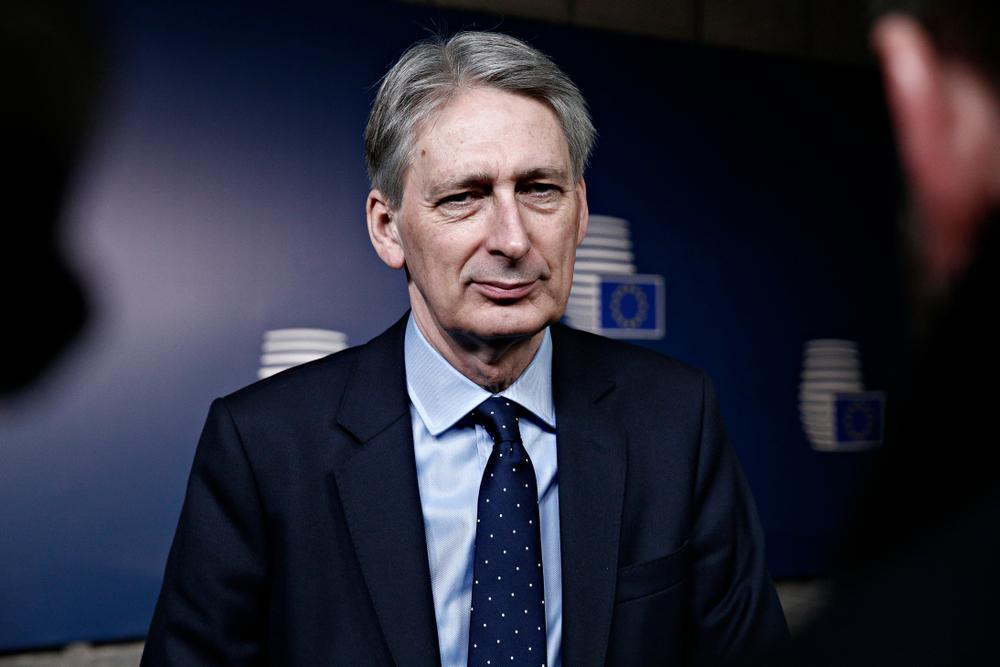In his final Budget before Brexit, Philip Hammond has promised to create a “brighter future” through new proposals.
Speaking on Monday from the House of Commons, the chancellor said the new Budget was aimed at “for hard-working families”.
“We have reached a defining moment on this long, hard journey” since the financial crisis, he told MPs.
Key points of the Chancellor’s delivery:
Brexit
The chancellor told MPs that the UK is well funded for Brexit.
He has previously announced that he as set aside a total of £3.7 billion for Brexit preparations, whilst revealing a further £500 million.
“Today I am increasing that sum to £2 billion… …and in the coming week the Chief Secretary will announce allocations to individual departments,” he said.
Personal Tax
The conservative manifesto set out a target of £12,500 and £50,000 for the personal income allowance and higher rate tax threshold respectively.
This was expected to be a gradual increase from current levels, however, in an effort to bring some cheer to an otherwise sullen budget, this has been accelerated.
They will now deliver on this from April 2019.
Borrowing
Hammond has said that borrowing will be forecast at £11.6 billion lower than the amount that was forecast at the Spring Statement.
In 2019/20, borrowing is expected to fall from £31.8 billion to £26.7 billion in 2020-21.
The government is expected to meet fiscal targets three years early.
Defence
Hammond has pledged another £1 billion for the Ministry of Defence “to boost our cyber capabilities and our anti-submarine warfare capacity”.
The Treasury will also give £10 million to the Armed Forces Covenant Fund Trust.
NHS
The chancellor had already announced plans to invest a further £20 billion will be pumped into health care, including a £2 billion increase in spending for mental health.
“There are many pressing demands on additional NHS funding but few more pressing than the needs of those who suffer from mental illness,” he said on Monday.
The NHS 10 Year plan will include “a new mental health crisis service”, with “comprehensive mental health support available in every major A&E”, as well as “children and young peoples’ crisis teams in every part of the country,” he added.
Digital Tax
Hammond is to introduce a new UK digital services tax, which will raise £400 million per year.
The tax will come into effect in April 2020 and will be “narrowly targeted” to specific firms rather than the UK’s tech startups. This delivers on reports of a new tax on mega-cap tech stocks that have been paying low tax compared to revenue.
Plastic Tax
There will be a new tax on the manufacture and import of plastic packaging that contains less than 30% recycled plastic.
There will, however, be no plans to introduce a levy on disposable plastic cups.
“I have concluded that a tax in isolation would not, at this point, deliver a decisive shift from disposable to reusable cups across all beverage types.”
Housing
Hammond announced exemption from stamp duty for shared equity housing valued up to £500,000.
To help the UK build more houses, the Chancellor has earmarked £500m for a fund designed to build 65,000 houses.
Universal Credit
At a cost of £1.7 billion to the treasury, the government will increase the work allowance to £1,000 while allocating £1 billion to help the transition over five years.
Pensions
There had been rumours of a cut in the pension contribution allowance to £30,000, however this has been left untouched at £40,000.




